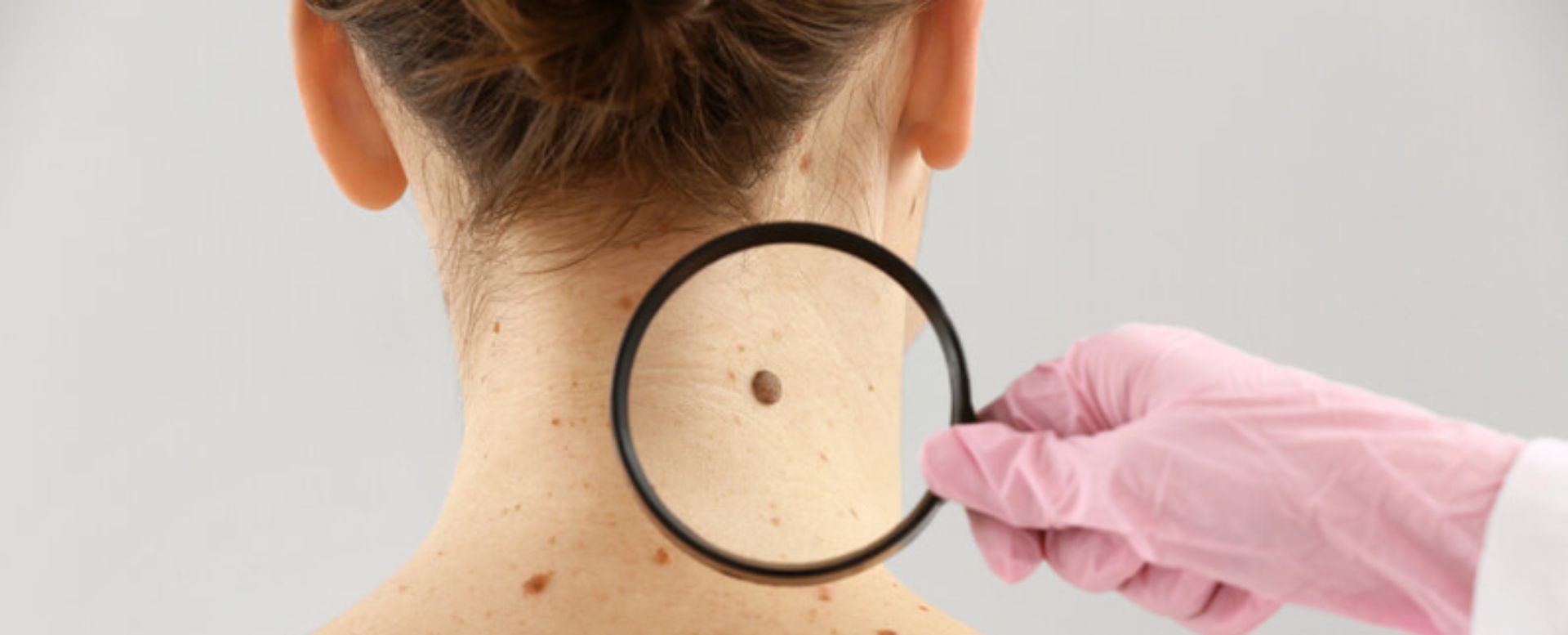Managing eczema involves finding the right cream to soothe irritation and prevent flare-ups. With so many options available, it can be overwhelming to choose between over-the-counter (OTC) creams and prescription treatments. Both have their advantages, but understanding their key ingredients, effectiveness, side effects, and cost can help you make the best decision for your skin.
Key Ingredients in OTC vs. Prescription Eczema Creams
The ingredients in eczema creams play a crucial role in determining their effectiveness. OTC creams are widely available and often focus on hydration and soothing the skin, while prescription creams contain stronger ingredients designed to reduce inflammation and control flare-ups.
Common Ingredients in OTC Eczema Creams
- Colloidal Oatmeal: A natural anti-inflammatory that soothes itching and irritation.
- Ceramides: Help restore the skin’s natural barrier to lock in moisture.
- Petrolatum: Acts as a protective barrier to prevent moisture loss.
- Aloe Vera: Provides a cooling effect and helps reduce inflammation.
- Hydrocortisone (Low-Dose Steroid): A mild steroid that can help with mild itching and redness.
Common Ingredients in Prescription Eczema Creams
- Corticosteroids (e.g., Triamcinolone, Clobetasol): Powerful anti-inflammatory agents that reduce swelling and itching.
- Calcineurin Inhibitors (e.g., Tacrolimus, Pimecrolimus): Help control inflammation without the side effects of steroids.
- JAK Inhibitors (e.g., Ruxolitinib): A newer treatment that targets immune system pathways to reduce eczema symptoms.
- Phosphodiesterase-4 (PDE4) Inhibitors (e.g., Crisaborole): Helps decrease inflammation and improve skin barrier function.
Effectiveness and Side Effects of OTC vs. Prescription Creams
When deciding between OTC and prescription eczema creams, it’s important to weigh out their effectiveness against potential side effects.
Effectiveness
- OTC Creams: These tend to work well for mild cases of eczema, providing relief from dryness and mild itching. However, they may not be strong enough for more severe flare-ups.
- Prescription Creams: These are more potent and can quickly reduce inflammation and severe itching, making them more effective for moderate to severe eczema.
Side Effects
- OTC Creams: Generally safe for daily use, but some ingredients (like hydrocortisone) can cause skin thinning if overused.
- Prescription Creams: Stronger treatments can come with side effects, including skin thinning (with prolonged steroid use), burning or stinging sensations, and increased susceptibility to infections.
Cost and Accessibility of Eczema Creams
The cost and availability of eczema creams can vary depending on whether they are OTC or prescription-based.
OTC Creams
- Affordability: Generally more affordable, ranging from $5 to $30 depending on the brand and ingredients.
- Availability: Easily found at pharmacies, grocery stores, and online retailers.
- Insurance Coverage: Typically not covered by insurance, but often eligible for Health Savings Accounts (HSAs) and Flexible Spending Accounts (FSAs).
Prescription Creams
- Higher Cost: Can be expensive, with prices ranging from $50 to several hundred dollars, depending on the medication.
- Insurance Coverage: Many prescription creams are covered by insurance, but copays can vary.
- Availability: Requires a doctor’s visit and prescription, which may create delays in access.
Choosing the Best Option for Your Skin
For mild eczema, OTC creams can be a great first step in managing symptoms. However, if your condition is moderate to severe, prescription treatments may be necessary. A personalized approach, guided by an eczema specialist, can ensure you get the best treatment for long-term skin health.
Eczema management is a journey, but with the right information and support, you can find relief and maintain healthier skin.




